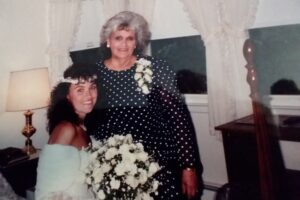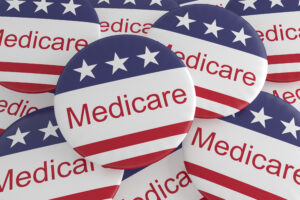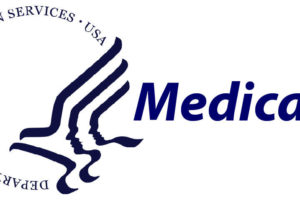We all know we’re supposed to eat “healthy.” Oatmeal instead of a donut. Salad instead of a hot dog. Grilled chicken instead of mac and cheese. Even though we know the consequences of poor eating habits, we will still reach for that bag of deliciously, salty potato chips or go to the drive-through for our favorite messy, mega burger. With each bite, we can just about visualize another blob of plaque happily adhering to an artery. It’s just sooo hard to be good sometimes. We all falter at one time or another, and for seniors, it can be especially difficult for several reasons.
Over 10 million Americans aged 65 and over, live alone. Sometimes the initiative to prepare wholesome meals just for themselves becomes a burdensome task. Whether its depression from living alone, diminished appetites due to a weakened senses of taste and smell, or medications and/or illnesses that can also cause a lack of appetite, seniors do not always get the proper amount of nutrition, which can then lead to malnutrition.
This causes fatigue, depression, weak immune systems, anemia, weakness, digestive, lung, heart and skin problems. To avoid getting to this point, here are some possible solutions:
To minimize eating alone, seniors can try sharing a meal with a friend, grandchild, nephew, child, neighbor on a rotating basis; participate in an Adult Day Health program which provides meals and socialization; or join a Senior Center that provides meals on site and/or in one’s home;
For dulling taste buds, try some natural flavor enhancers such as olive oil, vinegar, garlic, onion, ginger and spices rather than adding more salt and sugar to “taste.
When medications/illnesses are the cause for not having an appetite, it is a good idea to speak with the doctor to see if there is an alternate medicine, etc., that will not have the same effect.
In addition, as advised by a urologist, it is important that seniors drink water each day, throughout the day, to avoid urinary tract infections, constipation and possibly confusion. Seniors are prone to dehydration as the body loses some of its ability to regulate fluid levels. Also, their sense of thirst is dulled due to aging.
Vitamins that are essential for maintaining good health include Vitamin B and Vitamin D. Vitamin B helps maintain the vitality of blood and nerves. However, after age 50, the stomach produces less gastric acid and makes it difficult to absorb vitamin B-12. It is possible, though, to get the recommended daily intake from fortified foods or a vitamin supplement.
Vitamin D, which is necessary for absorbing calcium, is usually gotten through exposure to the sun and foods such as fatty fish, egg yolk and fortified milk. The skin becomes less efficient at synthesizing Vitamin D with age, so seniors should check with their doctors about supplementing with fortified foods or a multivitamin.
Healthy meals do not have to be multi-course, involved recipes. Simple foods such as fresh fruits, green vegetables, yogurt, high-fiber choices, whole grain bread, peanut butter, oatmeal, etc., are all good selections. When all is said and done, we are what we eat. Better to eat a crisp, green bean than a greasy, mozzarella stick!
Here’s to healthy eating and longevity!
Join us at Bethel’s Senior Wellness Fair on May 24, 11 a.m. – 2 p.m. at The Springvale Inn, 62 Springvale Road, Croton-on-Hudson, NY. RSVP for a complimentary lunch – 914-739-6700 x256.






